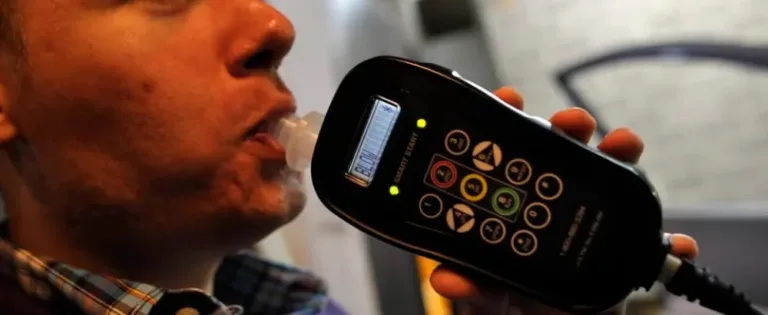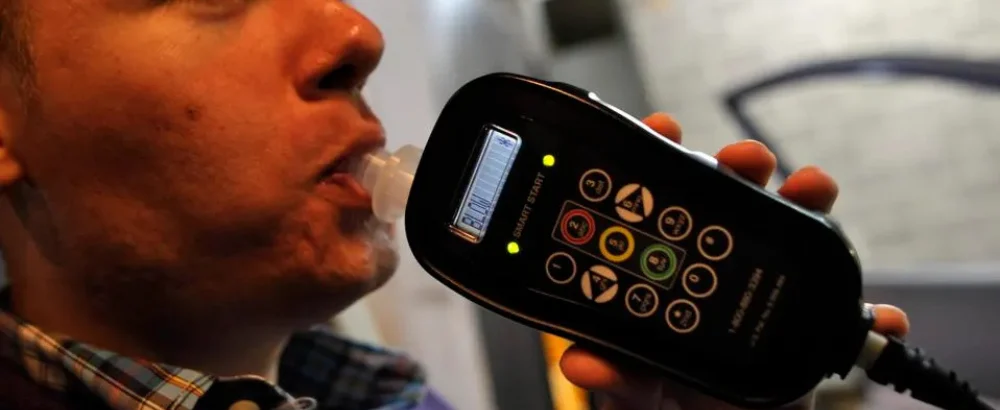In October of 2010, there was a huge change made to the Michigan’s DUI laws. The change created a new, enhanced OWI offense for anyone whose breath or blood test score (BAC) was .17 or above.
Usually written up as “OWI with BAC or .17 or Greater,” and sometimes called “Superdrunk,” most people, including my team and I, as Michigan DUI lawyers, simply refer to the enhanced charge as “High BAC.”
High BAC charges can only be made in a 1st offense case.
Over the years, and for whatever reason(s), an increasing number of DUI cases, at least here, in the Greater-Detroit area of Wayne, Oakland, Macomb, Lapeer, Livingston, St. Clair and Washtenaw Counties have been charged under the High BAC law.
This means that if you have had a single, prior alcohol-related driving (DUI) conviction within 7 years of the date of the arrest on the new charge, or 2 prior DUI convictions at any time in your life, then you cannot be charged with this enhanced offense.
Here are the maximum potential penalties under the law:
- Up to 180 days in jail
- Fine of $200 but not more than $700
- One year license suspension with a restricted license allowed after 45 days
- Following the mandatory 45-day license suspension, a person may drive ONLY after a breath alcohol ignition interlock device has been installed on their vehicle.
- Up to 360 hours community service
- Cost of prosecution
- Vehicle immobilization for up to 180 days
- 6 points on the driving record
- Mandatory alcohol treatment program or self-help program for a period of not less than one year.
Sometimes, a person arrested for a DUI (and especially if there was a blood, rather than a breath test) will be released from jail without knowing exactly what charge or charges are going to be made against him or her.
In those situations, the person will simply be told that they’ll get something in the mail and/or otherwise hear from the court.
To be clear, even if you left jail with a ticket written for Operating While Intoxicated (OWI), you can still be charged with a High BAC offense as long at your breath or blood test result was .17 or higher.
Of course, everyone’s biggest fear is going to jail.
The good news is that, in the local courts of Wayne, Oakland and Macomb Counties, that can almost always be avoided.
However, there are lots of other things to avoid beyond jail, including getting placed on some kind of “probation from Hell” that requires all kinds of counseling, treatment and endless breath and/or urine testing.
Our first priority, as Michigan DUI lawyers, is to make sure we avoid and/or minimize as many of the legal penalties and negative consequences as possible.
Remember: Success in a DUI case is best measured by what does NOT happen to you.
Of course, there’s more to a DUI case than just avoiding penalties, because nobody wants to report any such offense, much less a High BAC charge to their employer, or to a professional licensing body, either.,
Beyond all the potential legal consequences that can be imposed, one of the most significant implications of a High BAC charge is in the name itself. Being convicted of driving with a bodily alcohol content more than twice the legal limit is always perceived by everyone as just “more” dangerous.
Over the years, study after study has proven that, as a group, DUI drivers have a statistically higher incidence of drinking problems than the population at large.
Here’s what that means, and why it’s important:
In the real world, this is an even bigger concern for anyone facing a High BAC offense. No matter how you cut it, this charge just “looks” worse.
One of our primary jobs, as Michigan DUI lawyers, is to successfully refute these kinds of assumptions, but that’s complicated further when a person is charged with a High BAC, because they will be seen as being even more at risk to have a troubled relationship to alcohol than someone facing a regular OWI (DUI) offense with a lower BAC result.
It is a losing strategy for a person facing a High BAC charge to simply insist that he or she is not a big drinker, or only had a couple of drinks over a long night out. Here’s why:
Therefore, any proper defense of this charge first requires ensuring that the breath and/or blood test results are accurate and reliable. There is a lot that goes into determining if things like the field sobriety and chemical tests were properly conducted and analyzed.
If they were, then it becomes imperative to work with – and around – them in a way that actually helps produce a better outcome.
If not, then any questionable evidence must be challenged.
My team and I know exactly how to do that.
Whatever the circumstances of your case, if you have been arrested anywhere in Greater-Detroit area for a DUI charge, then you need to hire a qualified Michigan DUI lawyer who focuses on drinking and driving cases, spends all day, every day working on them, and who you can trust to produce the best outcome possible in your case.
The way to do that is to read around. As you check out your options, make sure to check out the DUI section of my blog, which is updated with 2 new articles every week.
Pay attention to how lawyers explain the DUI process and how they explain their various approaches to it.
When you’ve done enough of that, pick up the phone and start checking around.
My team and I are very friendly people who will be glad to answer your questions, explain things, and even compare notes with anything some other lawyer has told you.
All of our consultations are free, confidential, and – best of all – done over the phone, right when you call, during regular business hours.


